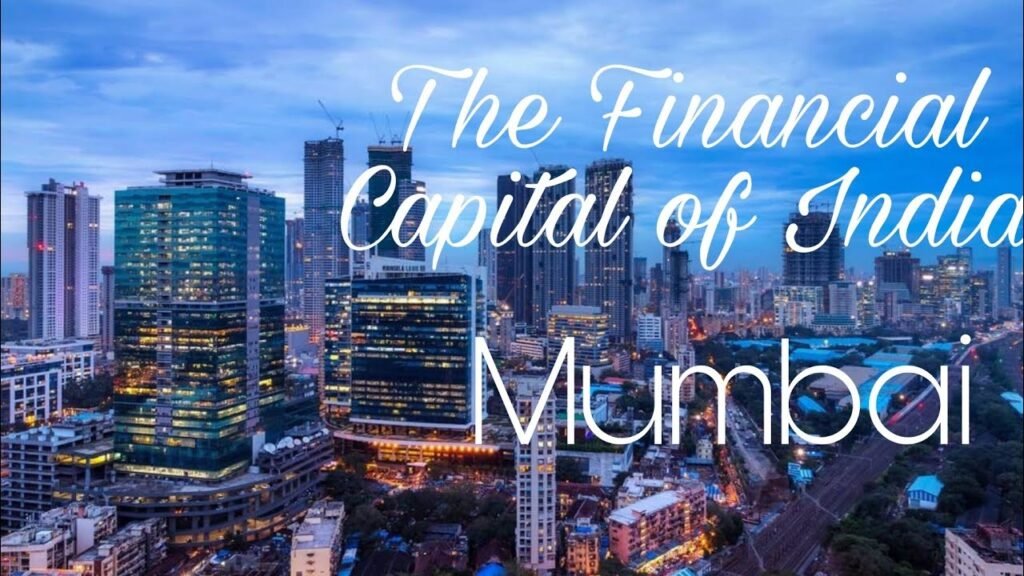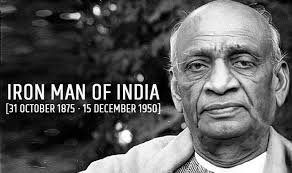Banking Capital of India
India’s financial sector is an integral part of the nation’s economy, with a robust banking system at its core. In recent years, there has been a surge in the importance of banking and finance as various government exams have included questions related to the banking sector. One topic of great significance is “Banking Capital of India.” In this article, we will delve into why this news is important, provide a historical context, and present five key takeaways that students should know for their exams.

Why this News is Important:
The Significance of Banking Capital: The term “Banking Capital of India” holds immense importance as it refers to a specific city or region within the country that plays a crucial role in the banking and financial sector. For aspirants preparing for government exams related to banking, understanding this concept is essential. This knowledge helps candidates answer questions about the financial hubs in India, the major banks and financial institutions headquartered there, and the economic activities associated with these regions.
Relevance in Competitive Exams: Government exams for various positions, including those in banking, often feature questions about banking capital. Candidates are tested on their knowledge of the major financial hubs and their contributions to the economy. Therefore, staying updated on this topic is crucial for success in such exams.
Historical Context:
The term “Banking Capital of India” has evolved over the years. Mumbai, the financial capital of India, has been the primary banking capital for decades. This status is attributed to the presence of the Reserve Bank of India (RBI), the Bombay Stock Exchange (BSE), and the headquarters of several major banks and financial institutions in the city.
Key Takeaways from this News:
| Serial Number | Key Takeaway |
|---|---|
| 1. | Mumbai: The Financial Hub – Mumbai is often referred to as the financial capital of India due to the concentration of major banks, financial institutions, and stock exchanges in the city. |
| 2. | Reserve Bank of India (RBI) – The RBI, India’s central bank, is headquartered in Mumbai, making it a critical financial institution in the country. |
| 3. | Bombay Stock Exchange (BSE) – The BSE, one of Asia’s oldest stock exchanges, is located in Mumbai and plays a significant role in the Indian financial market. |
| 4. | Major Banks – Several major banks, including the State Bank of India, HDFC Bank, and ICICI Bank, have their headquarters in Mumbai. |
| 5. | Economic Significance – The economic activities in Mumbai contribute significantly to India’s GDP and make it a key driver of the nation’s financial growth. |
Important FAQs for Students from this News
Q1. What is the significance of understanding the Banking Capital of India?
A1. Understanding the Banking Capital of India is crucial for government exam aspirants as it helps in answering questions related to financial hubs, major banks, and economic activities in the country. It is also practical knowledge for those aiming for jobs in the banking sector.
Q2. Why is Mumbai often referred to as the Banking Capital of India?
A2. Mumbai is known as the Banking Capital of India due to its concentration of major banks, financial institutions, the presence of the Reserve Bank of India (RBI), and the Bombay Stock Exchange (BSE).
Q3. What is the role of the Reserve Bank of India (RBI) in the Indian financial system?
A3. The RBI is India’s central bank and plays a significant role in regulating and controlling the country’s monetary and financial system.
Q4. How does knowledge about the Banking Capital of India benefit civil service aspirants?
A4. Understanding the Banking Capital of India is crucial for civil service aspirants as it contributes to their economic awareness and equips them with practical knowledge needed for effective governance.
Q5. Name a few major banks with their headquarters in Mumbai.
A5. Some major banks headquartered in Mumbai include the State Bank of India, HDFC Bank, and ICICI Bank.
Some Important Current Affairs Links















